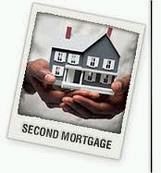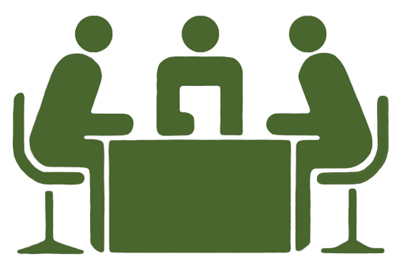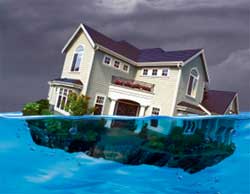In Florida lien stripping is the practice available through bankruptcy, which allows you to remove liens that are entirely unsecured from your homestead property. An entirely unsecured lien is referred to as a “wholly unsecured lien” in bankruptcy. If a lien on your property would not receive any proceeds from a foreclosure sale because there would not be any proceeds remaining after the first lien holder was paid, then the lien is wholly unsecured. In other words, if you owe more on your first mortgage than your property is worth and you also have a second or third mortgage, your second and third mortgages would be wholly unsecured. Who your first mortgage holder is depends on when each mortgage was recorded in the public record.
If filing a Chapter 13 Bankruptcy and you ask the Court to strip your wholly unsecured mortgage, then your wholly unsecured mortgage becomes an unsecured debt. Unsecured debts are debts such as credit cards, medical bills, utility bills, etc.; any debt that is not secured by an asset such as a car or home. Just like all other unsecured debts, your stripped lien receives little or no money through your Chapter 13 Plan. Once your Chapter 13 Plan is completed and you receive your discharge, then the stripped lien is also discharged and the lien holder must remove their lien from your property.
Unfortunately, lien stripping is not available when filing a Chapter 7 Bankruptcy due to a recent ruling from the United States Supreme Court.
 Jacksonville Bankruptcy Lawyer Blog
Jacksonville Bankruptcy Lawyer Blog





 In a Chapter 13 bankruptcy, a
In a Chapter 13 bankruptcy, a  The Tampa Florida Tribune has posted an interesting article about the actual effects of the early stages of the statewide, mandatory foreclosure mediation program. According to statistics compiled by the Tribune, between March and June 2010 there were 13,417 cases referred to mediation statewide. Of those cases only 1%, 768 total, resulted in an agreement between the borrower and the lender!
The Tampa Florida Tribune has posted an interesting article about the actual effects of the early stages of the statewide, mandatory foreclosure mediation program. According to statistics compiled by the Tribune, between March and June 2010 there were 13,417 cases referred to mediation statewide. Of those cases only 1%, 768 total, resulted in an agreement between the borrower and the lender!